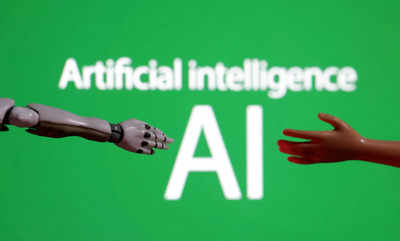
In a recent development, the Council for the Indian School Certificate Examinations (CISCE) has recently announced plans for introducing robotics and artificial intelligence as formal subjects for Classes XI and XII, commencing in the 2025-26 academic year. This initiative also includes the integration of AI and coding into the elementary curriculum, enriching the foundational computer science education for younger students.
These curriculum enhancements align with the National Education Policy 2020 and will impact over 3 million students nationwide.With artificial intelligence increasingly permeating various sectors, the need for students to acquire relevant skills has never been more critical for their future success.
As industries continue to rely on AI and robotics, CISCE’s move to introduce these subjects marks a significant step in preparing students for future careers that demand advanced technological skills, ensuring they are equipped to thrive in an increasingly digital landscape.
AI and Robotics Integration in Higher Secondary Education: Benefits for Students
As the landscape of education evolves, the incorporation of artificial intelligence (AI) and robotics into the curriculum for Class 11 and 12 is setting a new precedent. This integration promises to enhance student learning, equip them with critical skills, and prepare them for a technology-driven future.
Familiarity with Emerging Technologies
By learning about AI and robotics, students will become familiar with the technologies that are shaping the future. This knowledge positions them at the forefront of technological advancements, preparing them for careers in high-demand fields such as data science, automation, and software development.
Enhancing Problem-Solving Abilities
Engaging with AI and robotics challenges students to think critically and creatively. As they design and troubleshoot their projects, they develop essential problem-solving skills that can be applied across various disciplines.
Fostering Innovation and Creativity
Robotics projects encourage students to innovate, enabling them to explore their ideas and transform them into tangible solutions. This hands-on experience nurtures a creative mindset, essential for success in any field.
Personalized Learning Experiences
AI-driven tools can tailor educational content to meet individual student needs, promoting a more personalized learning environment. This customization helps students grasp complex concepts at their own pace, enhancing overall comprehension.
Collaboration and Teamwork
Many AI and robotics projects require teamwork, fostering collaboration among students. This collaborative environment not only builds interpersonal skills but also mirrors real-world work settings where teamwork is crucial.
Preparing for a Digital Future
Familiarity with AI and robotics prepares students for a future where these technologies will play a significant role. Understanding their principles and applications equips students to navigate and thrive in a tech-centric world.


